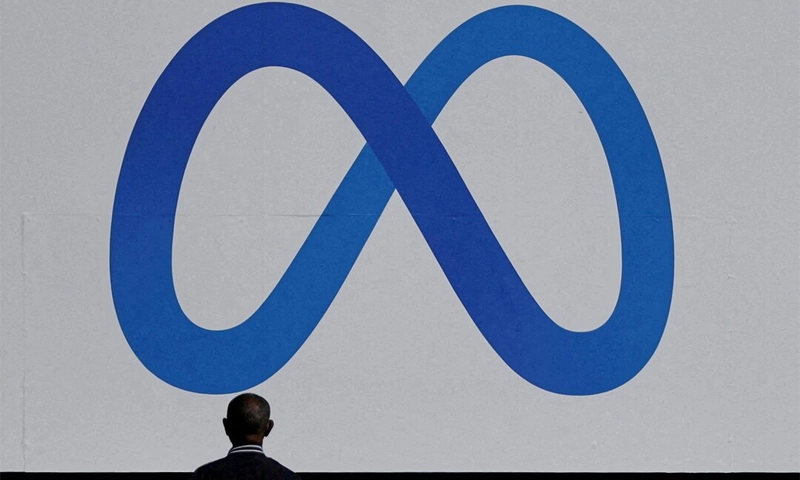- Web Desk
- Feb 16, 2026
Meta is banning political ads in EU due to bloc’s ‘unworkable’ rules
-

- AFP
- Jul 25, 2025

BRUSSELS: Meta on Friday said it will be forced to ban political advertising on its platforms in the European Union from October because of rules the Facebook and Instagram owner called “unworkable”.
The EU has a bolstered legal armoury to rein in Big Tech, against which Meta has hit out with the support of the US administration under President Donald Trump.
“This is a difficult decision — one we’ve taken in response to the EU’s incoming Transparency and Targeting of Political Advertising (TTPA) regulation,” the company said.
Political, electoral and social issue advertising will no longer be allowed from October in the bloc, it said, because of “unworkable requirements” under the new rules.
“Unfortunately, the TTPA introduces significant, additional obligations to our processes and systems that create an untenable level of complexity and legal uncertainty for advertisers and platforms operating in the EU,” Meta added.
POST-CAMBRIDE ANALYTICA
The EU says its political advertising rules seek to increase transparency in online advertising after Facebook’s Cambridge Analytica scandal, which came to light in 2018.
Read more: Zuckerberg settles lawsuit over Cambridge Analytica scandal
Cambridge Analytica was a consulting firm that was found to have improperly accessed personal data from millions of Facebook users for targeted political advertising, particularly during the 2016 US election and Brexit referendum.
The change is set to impact Meta’s flagship platforms Facebook and Instagram, as well as WhatsApp — which is largely ad-free but announced in June it would be introducing new advertising features in some parts of the app.
Read more: Facebook, Nvidia ask US Supreme Court to spare them from securities fraud suits
Meta said it was “not the only company to have been forced into this position”.
Google last year announced it would also prevent political advertising in the EU from October 2025 because of the “significant new operational challenges and legal uncertainties”.
Meta CEO Mark Zuckerberg has been highly critical of European rules, accusing Brussels in January of “censorship” and equating EU fines against the company to tariffs.
The latest row between Meta and the EU has been over the firm’s “pay or consent” system.
The EU imposed a 200-million-euro ($235-million) fine in April after concluding Meta violated rules on the use of personal data on Facebook and Instagram.
Read more: France eyes social media ban for under-15s after school stabbing
The company faces additional daily penalties if it does not make changes, with Brussels yet to decide whether Meta has modified the platforms enough to avoid more fines.
Facebook and Instagram also face investigations under the EU’s mammoth content moderation law known as the Digital Services Act.




